Indian Prime Minister Narendra Modi's visit to the US is considered a breakthrough that will elevate relations between the two countries to a new level.
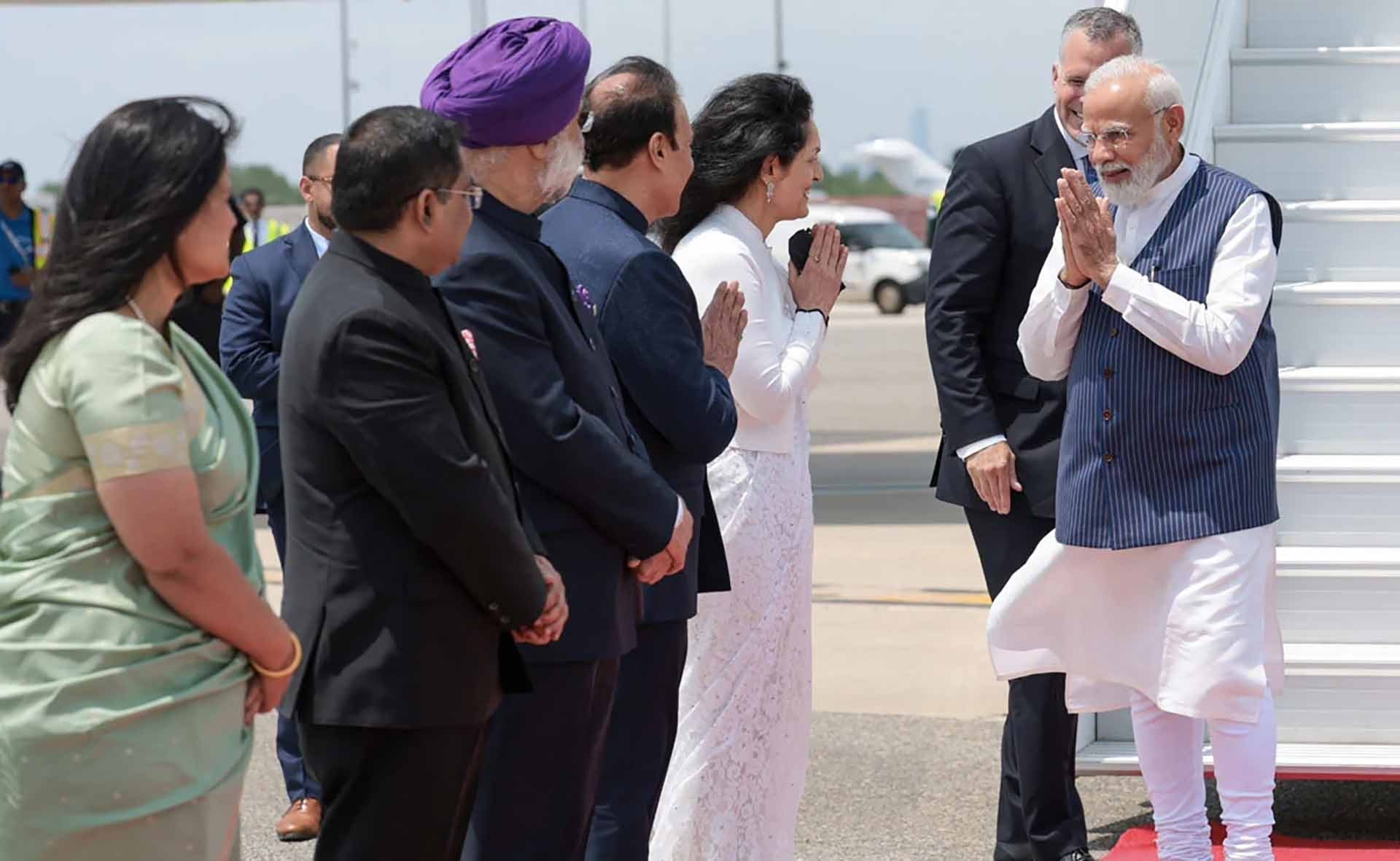 |
| Indian Prime Minister Narendra Modi arrived in New York on June 20, beginning his first state visit to the United States. (Source: Twitter) |
For a long time, Washington and New Delhi have often described each other as “natural allies”, praising each other with the beautiful words “the two oldest and largest democracies in the world ”. However, the US-India relationship has always been considered by public opinion to be “lacking fire”, even stormy.
While Washington frequently criticizes New Delhi on human rights issues and is willing to sell F-16 fighter jets to India's rival Pakistan, India has become a major customer of Russian weapons. Not only has India maintained a neutral stance in the Russia-Ukraine conflict, it has also increased its purchases of Russian oil, helping Moscow reduce the impact of Western sanctions.
Of course, Washington is not satisfied, but for the US, no Asian partner is more important than India in its strategy of shifting focus to the Indo-Pacific. Therefore, Washington always tries to attract New Delhi to its side, with the goal of increasing its advantage in the strategic competition with Beijing, while gradually separating New Delhi from its relationship with Moscow, especially in the military field.
Many “bait” were offered by Washington during Prime Minister Modi’s visit this time. Among them, the most attractive are probably the agreements in the military field, such as the US will provide India with F414 engines to install on India’s Tejas Mk2 light military aircraft, the US contract to sell India 30 modern MQ 9B Predator unmanned aircraft…
But looking at history, India has always been a leader in the non-aligned movement. Although it has increased cooperation with the US, and is even ready to upgrade the relationship and join new alliances such as the “Quad” and “I2U2” groups with the US, it is difficult for India to deviate from its inherent traditions and lose its independent identity in its foreign policy.
Source


![[Photo] National Assembly Chairman Tran Thanh Man attends the VinFuture 2025 Award Ceremony](/_next/image?url=https%3A%2F%2Fvphoto.vietnam.vn%2Fthumb%2F1200x675%2Fvietnam%2Fresource%2FIMAGE%2F2025%2F12%2F05%2F1764951162416_2628509768338816493-6995-jpg.webp&w=3840&q=75)



![[Photo] 60th Anniversary of the Founding of the Vietnam Association of Photographic Artists](/_next/image?url=https%3A%2F%2Fvphoto.vietnam.vn%2Fthumb%2F1200x675%2Fvietnam%2Fresource%2FIMAGE%2F2025%2F12%2F05%2F1764935864512_a1-bnd-0841-9740-jpg.webp&w=3840&q=75)




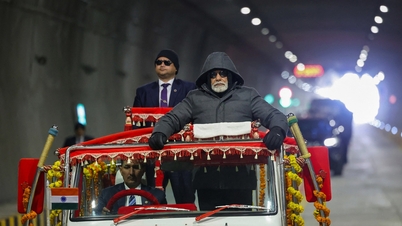

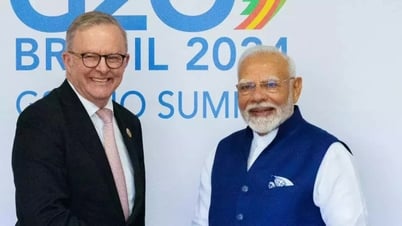
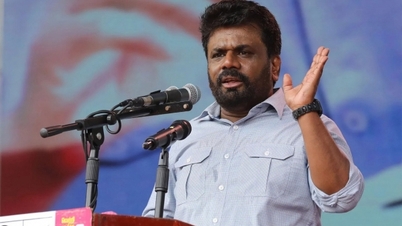
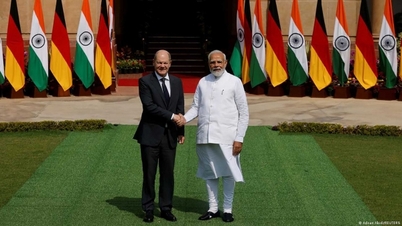



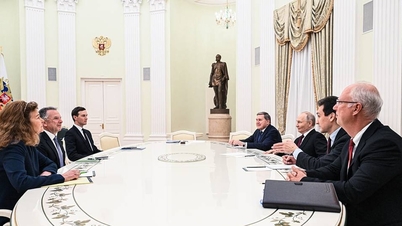
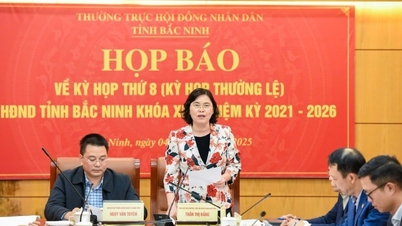

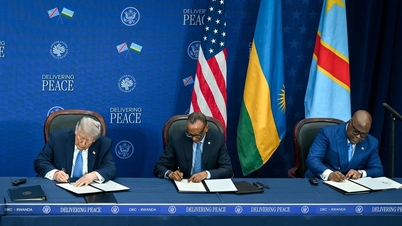







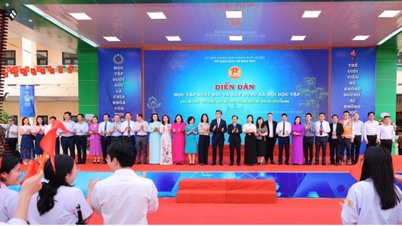
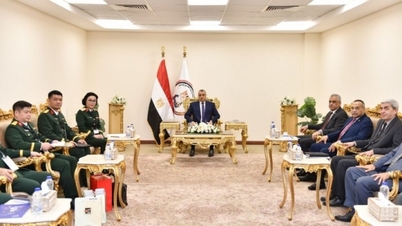

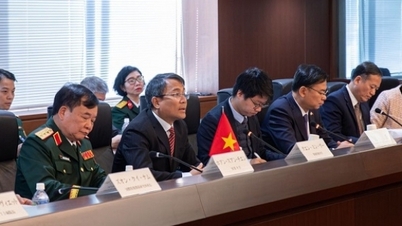









































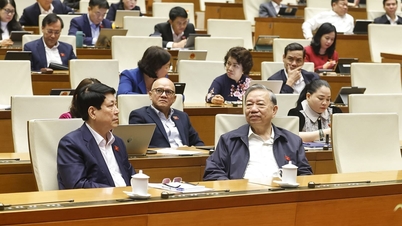













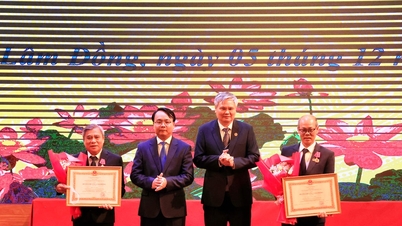












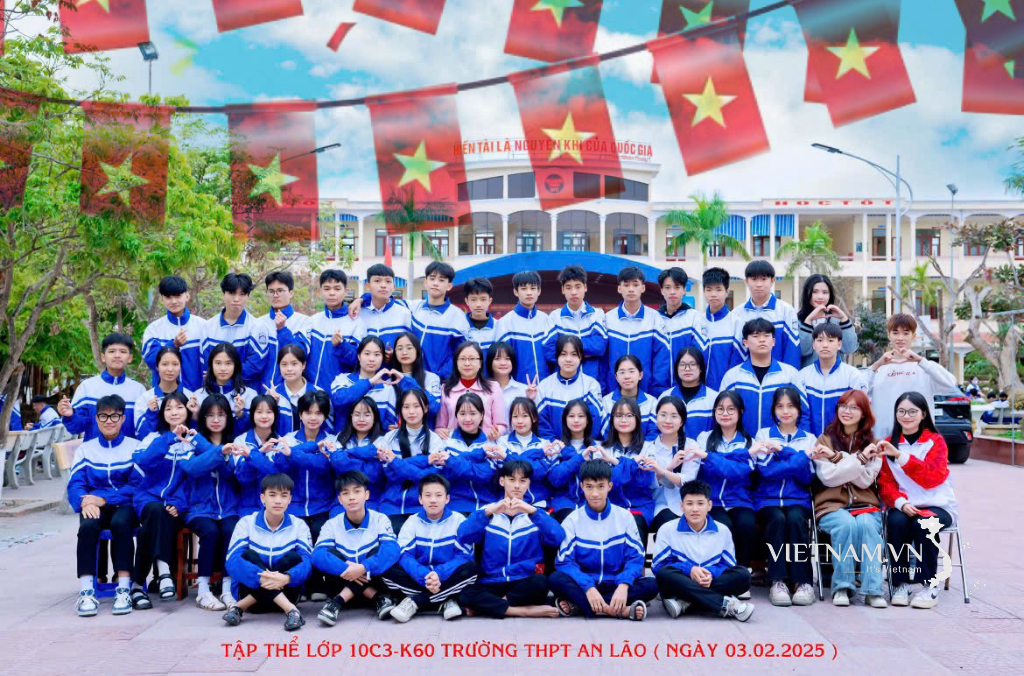
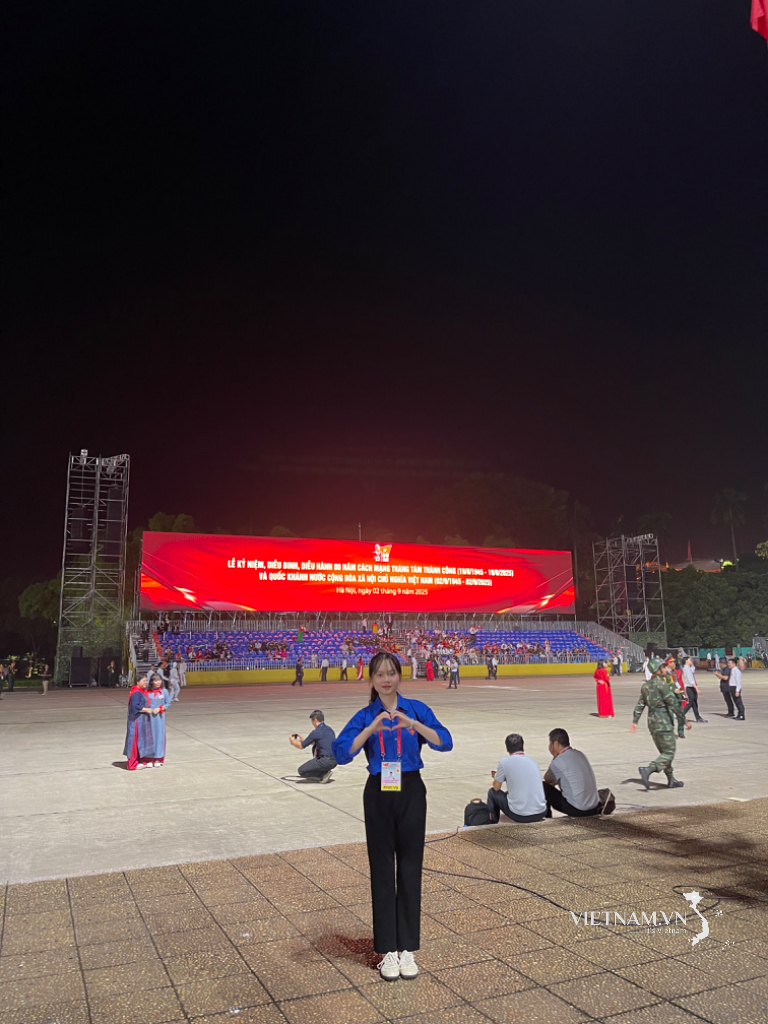





Comment (0)